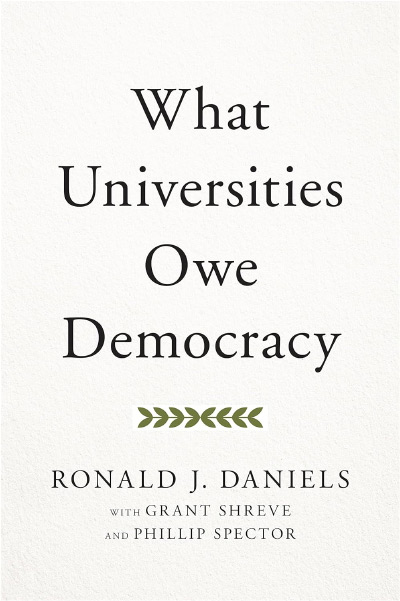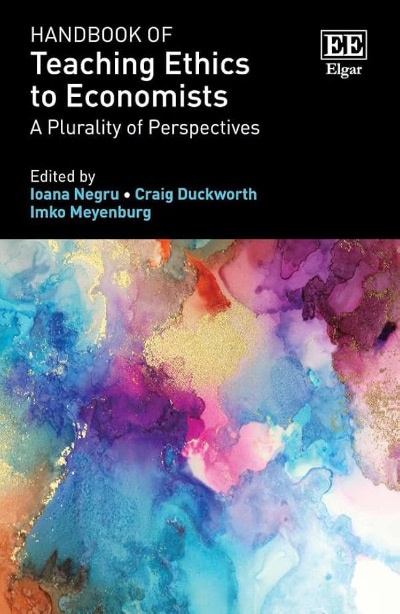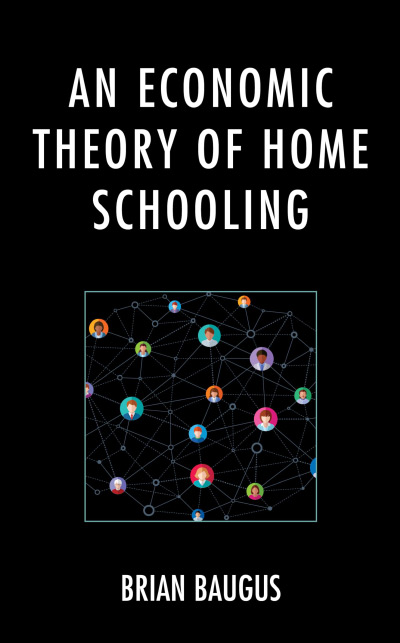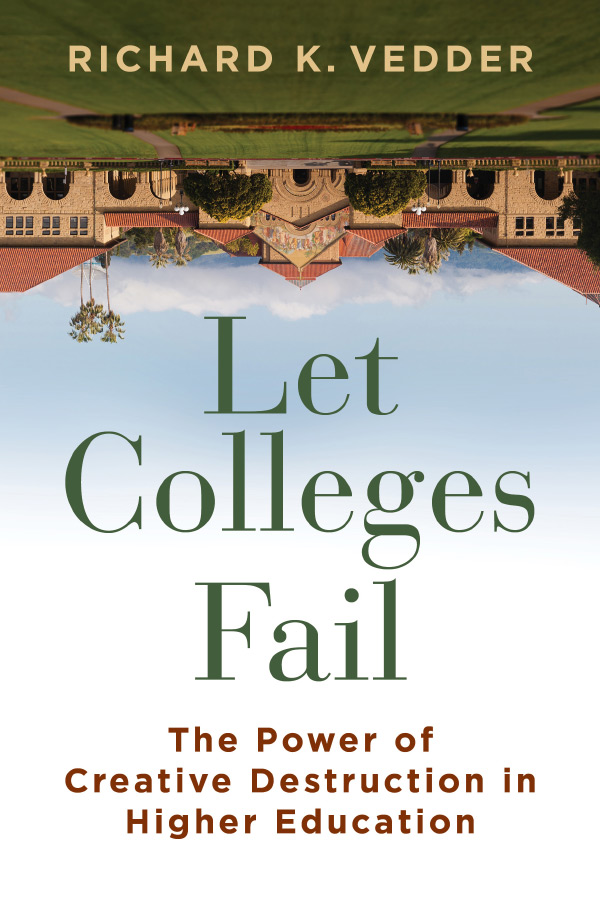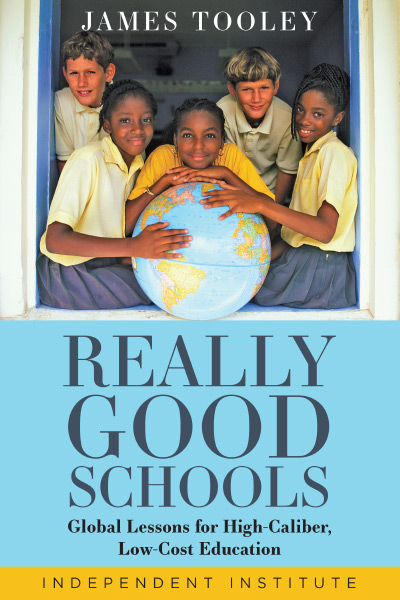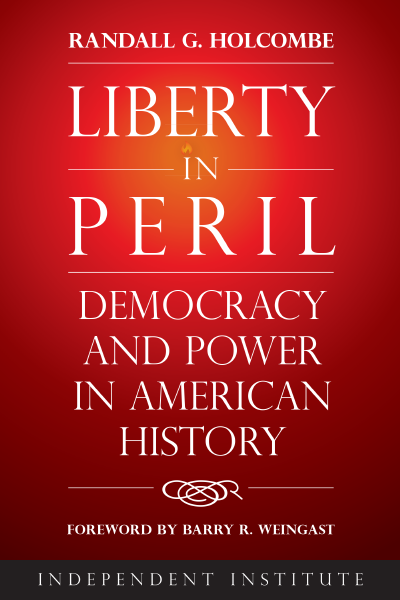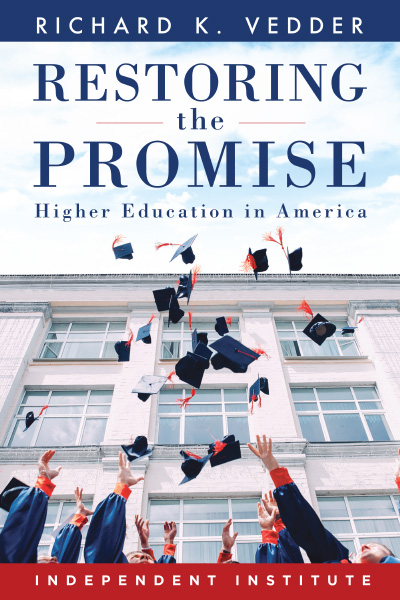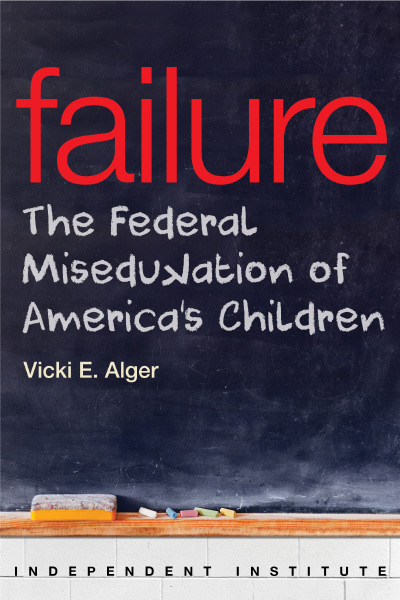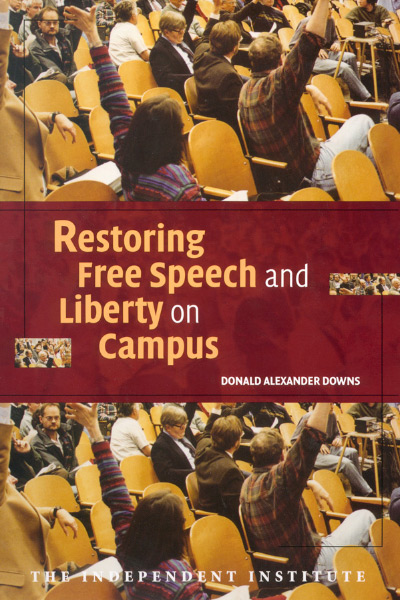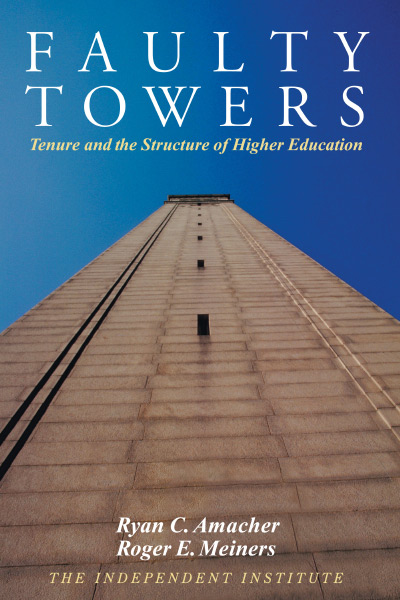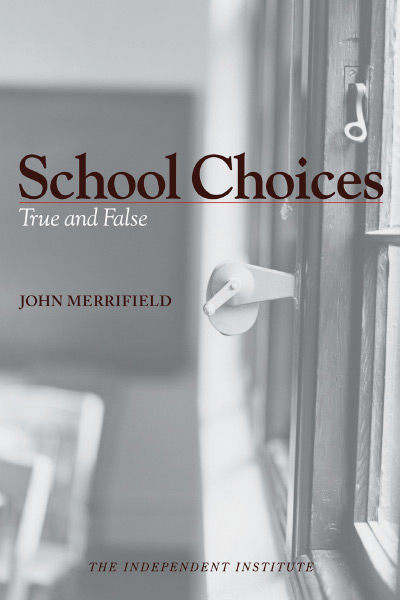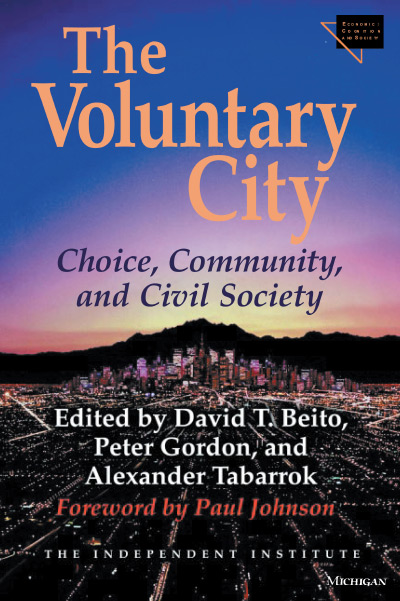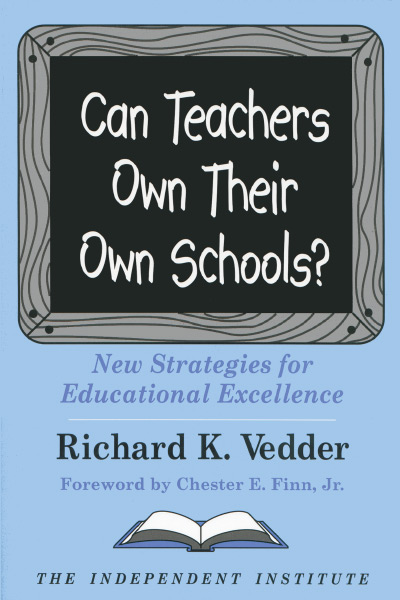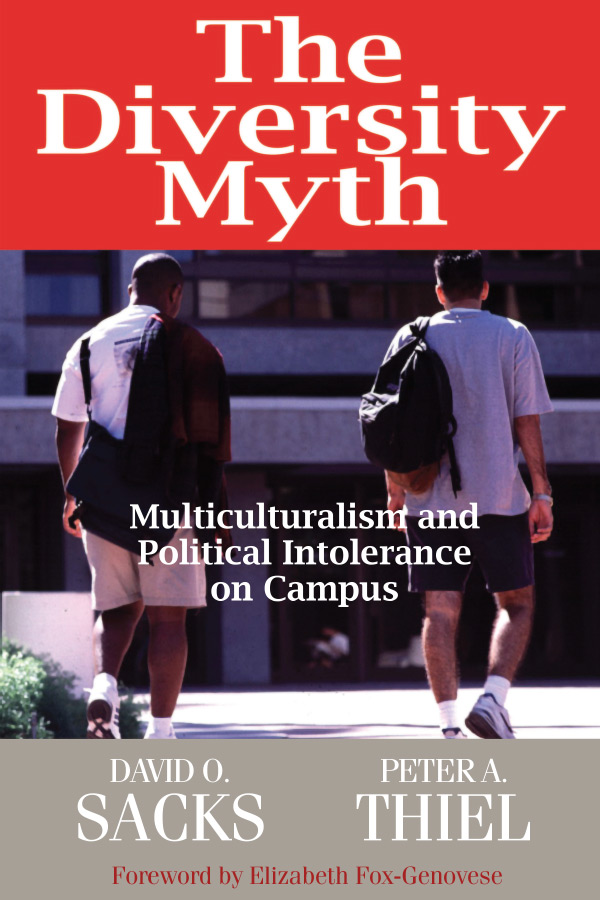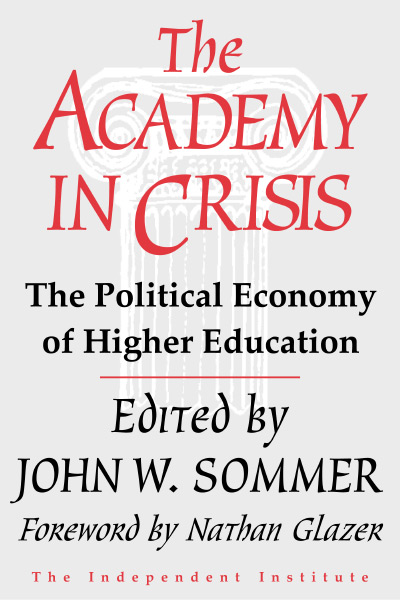
Education is the means by which each generation conveys its knowledge, ideas, experiences, and values to young people in preparation for adult life. How best to transmit this information is a subject that has sparked (and will continue to ignite) numerous controversies. One reason for such conflict is that partisanship and politicization are routine whenever government officials play a decisive role in determining budgets and outcomes.
For this reason and others, Independent Institute fellows have sought to depoliticize schooling and improve education through policies rooted in decentralization, accountability and incentive-alignment, market entrepreneurship, and choice. In scores of books, research articles, opinion pieces, and media appearances, our fellows have offered numerous proposals on policy issues related to student debt, college affordability, graduation rates, education savings accounts (ESAs), speech codes, academic freedom and tenure, parental choice, public vs. private funding, teacher-owned schools, the history of education, low-cost schools serving the poor, and other policy topics.
Our fellows have also weighed in on a variety of topics on education proper, such as educational theory, school curricula and course content, Common Core, state ethnic-studies curricula, bias in the classroom, and the New York Times’ Project 1619 campaign. One area of growing activity for Independent fellows is the creation and implementation of a model curriculum of classical (Greco-Roman) studies for high school and lower grades.

